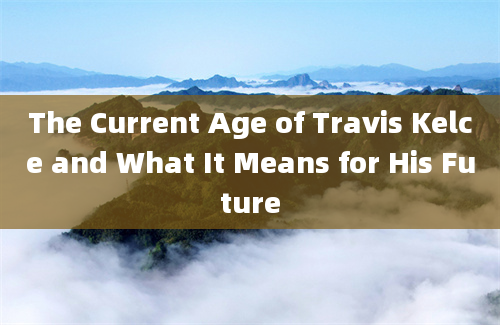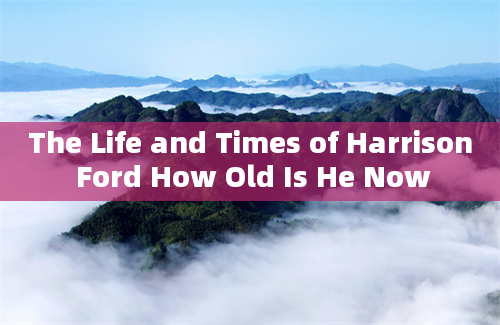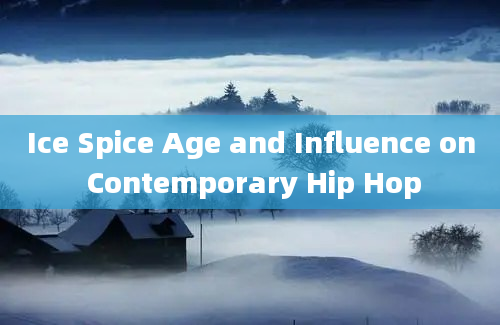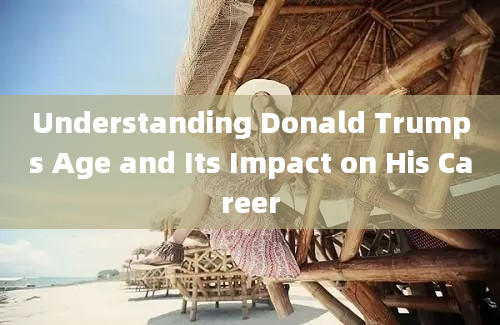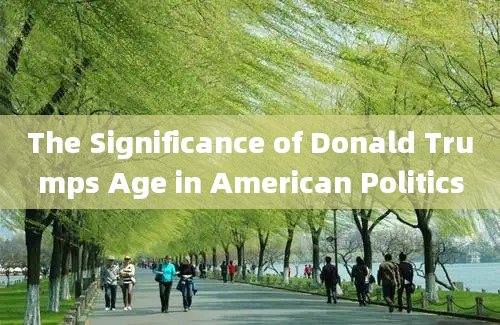How Old Is Biden and What Role Does Age Play in Political Perception

Introduction
As of 2023, President Joe Biden is 80 years old, making him the oldest person to serve as President of the United States. His age has been a topic of significant discussion and debate, raising questions about the implications of aging in political leadership. This article explores the role that age plays in political perception, drawing on authoritative sources to provide a comprehensive analysis.
Joe Biden's Age and Its Significance
Joe Biden was born on November 20, 1942. His age became a focal point during his campaign and presidency, particularly in the context of his predecessors. For instance, Donald Trump, who was 74 when he left office, was also among the older presidents in U.S. history. However, Biden's age has garnered more attention, partly due to his public appearances and the rigorous demands of the presidency.
According to the [U.S. Census Bureau](https://www.census.gov/), the average life expectancy in the United States is around 78 years. This places Biden well beyond the average age, leading to concerns about his ability to handle the strenuous responsibilities of the presidency.
The Role of Age in Political Perception
1. Cognitive Function and Health Concerns
One of the primary concerns surrounding older political leaders is their cognitive function and overall health. The [National Institute on Aging](https://www.nia.nih.gov/) emphasizes that while aging is a natural process, it can bring about cognitive decline. Critics often point to instances where Biden appears to stumble over his words or forget names, fueling debates about his mental acuity.
2. Experience vs. Fresh Perspectives
On the flip side, age can be seen as a testament to experience and wisdom. According to a study published in the [Journal of Political Psychology](https://onlinelibrary.wiley.com/journal/14679221), older politicians often benefit from decades of experience, which can be invaluable in decisionmaking processes. Biden's long political career, spanning over 40 years, is frequently cited as a significant asset.
3. Public Perception and Media Portrayal
The media plays a crucial role in shaping public perception of political leaders. A report by the [Pew Research Center](https://www.pewresearch.org/) indicates that media coverage often focuses on the agerelated aspects of older politicians, which can influence public opinion. Positive portrayals highlight experience and stability, while negative portrayals emphasize health concerns and potential cognitive decline.
4. Historical Context
Historically, the presidency has been dominated by younger men. The [Miller Center at the University of Virginia](https://millercenter.org/) notes that the average age of U.S. presidents at inauguration is 55. Biden's age, therefore, stands out in this historical context, making it a point of discussion and scrutiny.
Conclusion
Joe Biden's age is undeniably a significant factor in his presidency, influencing both his capabilities and public perception. While age brings experience and wisdom, it also raises valid concerns about health and cognitive function. The interplay between age and political perception is complex, shaped by media, historical context, and societal attitudes towards aging.
Frequently Asked Questions (FAQs)
Q1: How old is Joe Biden in 2023?
A1: Joe Biden is 80 years old as of 2023.
Q2: Is Joe Biden the oldest U.S. president?
A2: Yes, Joe Biden is the oldest person to serve as President of the United States.
Q3: What is the average life expectancy in the U.S.?
A3: The average life expectancy in the U.S. is around 78 years, according to the U.S. Census Bureau.
Q4: Does age affect cognitive function in political leaders?
A4: Yes, age can affect cognitive function. The National Institute on Aging highlights that cognitive decline is a natural part of aging.
Q5: How does media portrayal influence public perception of older politicians?
A5: Media portrayal significantly influences public perception. The Pew Research Center reports that media coverage often focuses on agerelated aspects, shaping public opinion either positively or negatively.
Q6: What are the advantages of having an older political leader?
A6: Older political leaders often bring extensive experience and wisdom to their roles, as noted in the Journal of Political Psychology.
Q7: What are the common concerns about older political leaders?
A7: Common concerns include health issues, potential cognitive decline, and the ability to handle the demands of the presidency.
Q8: How does Joe Biden's age compare to previous U.S. presidents?
A8: The average age of U.S. presidents at inauguration is 55, according to the Miller Center at the University of Virginia, making Biden significantly older than most of his predecessors.
Q9: Can age be an asset in political leadership?
A9: Yes, age can be an asset due to the experience and stability it brings, although it also comes with potential drawbacks.
Q10: What role does historical context play in the discussion of age in politics?
A10: Historical context highlights the rarity of having an older president, making Joe Biden's age a notable exception in the history of U.S. presidential leadership. The Miller Center's data on presidential ages provides this historical perspective.


